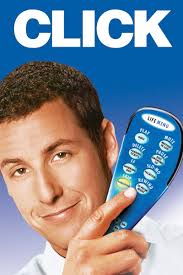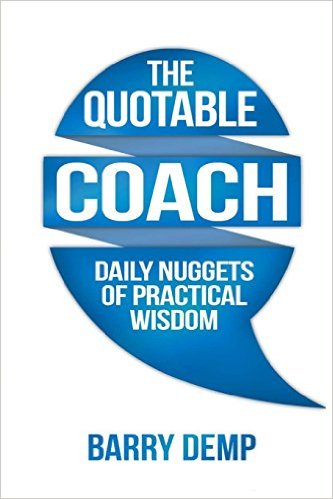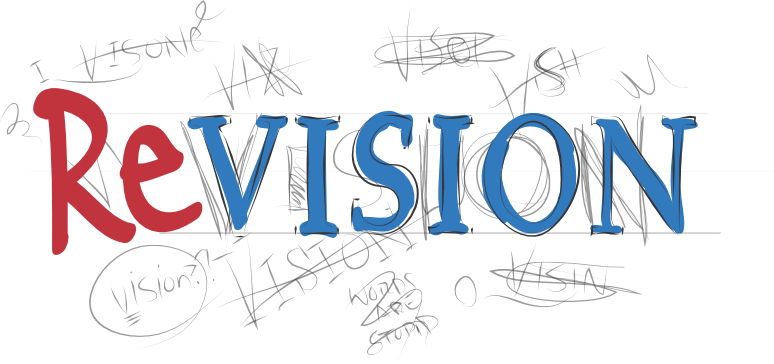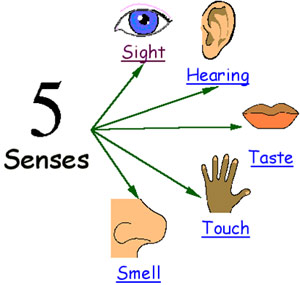“Greatness is within you!”
-Author Unknown
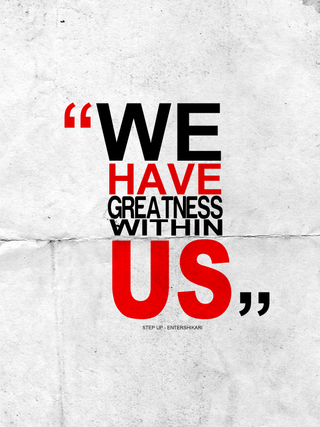
Image from conversationswithdoggy-lama.com
Many of us have been told, throughout our lives, that humility is a sign of high character—we should not brag or call excessive attention to ourselves. Many of the Quotable Coach posts point out that focusing on others is a key to success.
Today’s quote, however, is more about your journey to pursue, achieve, and contribute your gifts, talents, and unique abilities—your greatness. Pursuing all that we can be is something we can all do with great passion and purpose. Our efforts contribute and build our characters even more.
EXERCISE:
Request a bit of feedback from those who know you best in your personal and professional worlds.
What good and great qualities and abilities do they say you currently possess that could be even greater if you put your everything into the effort?


